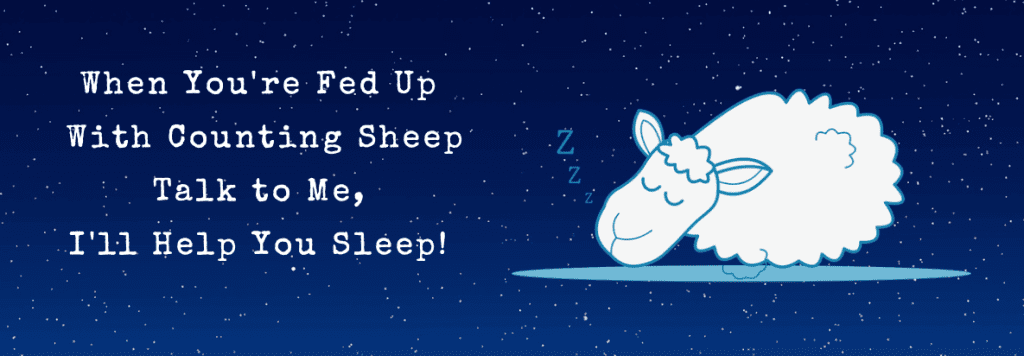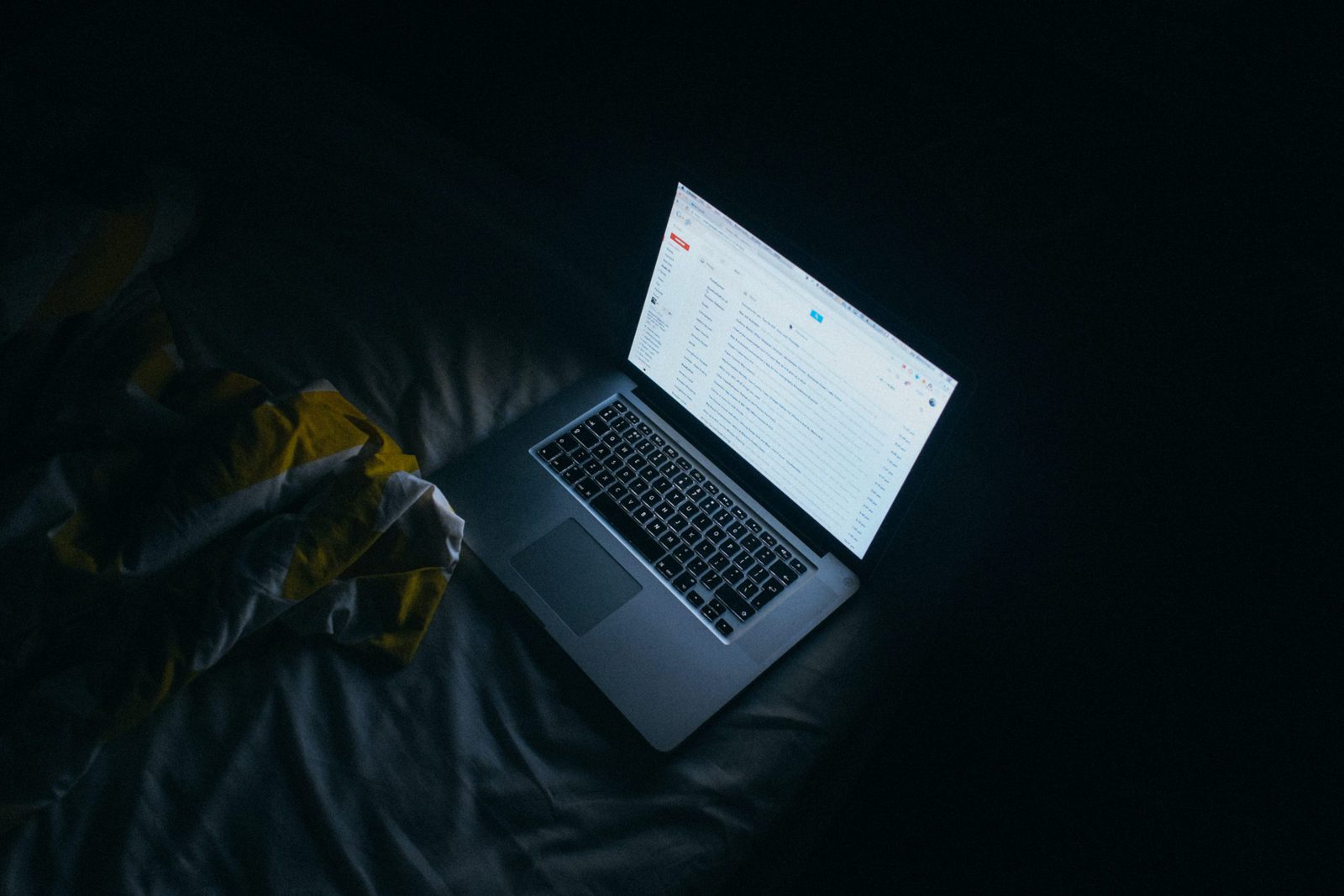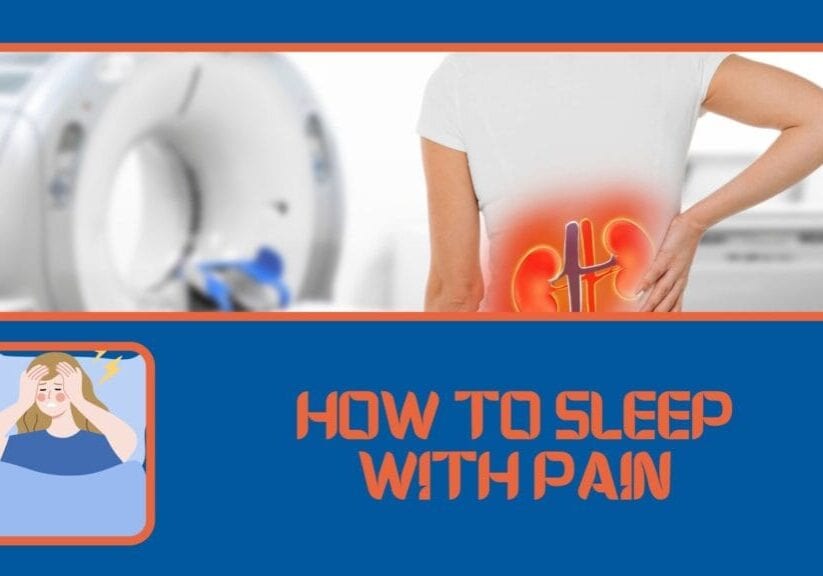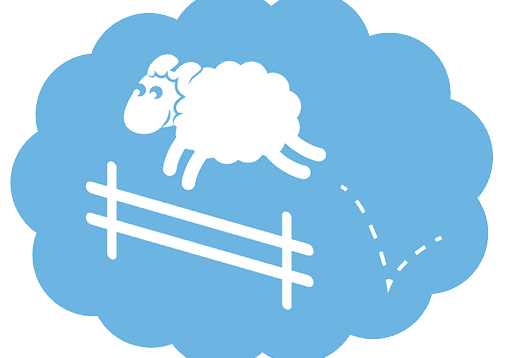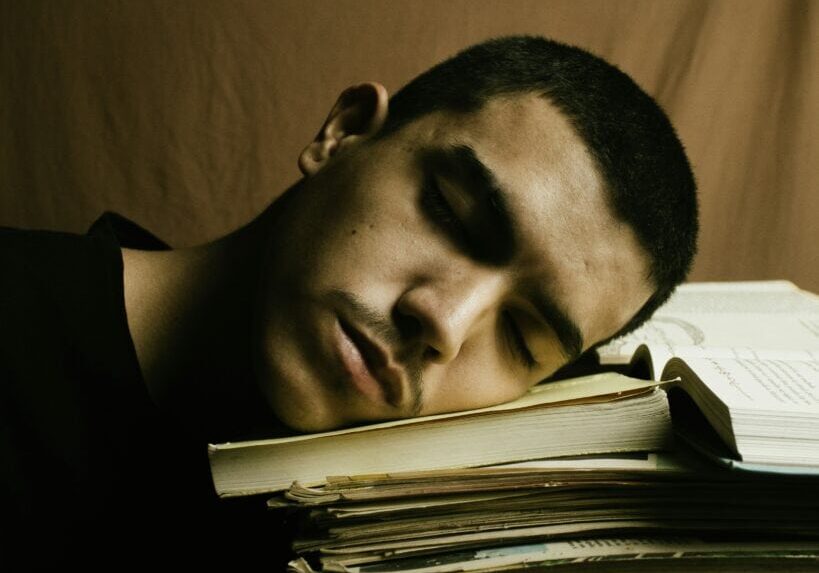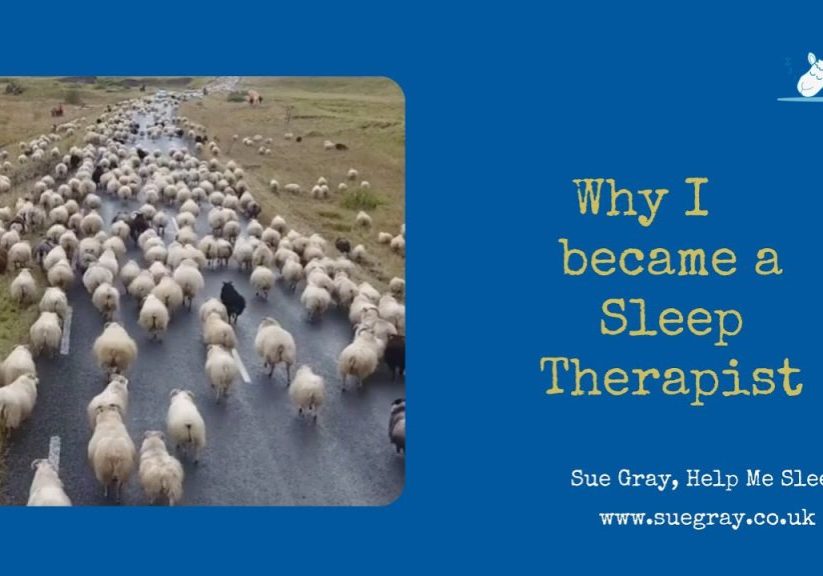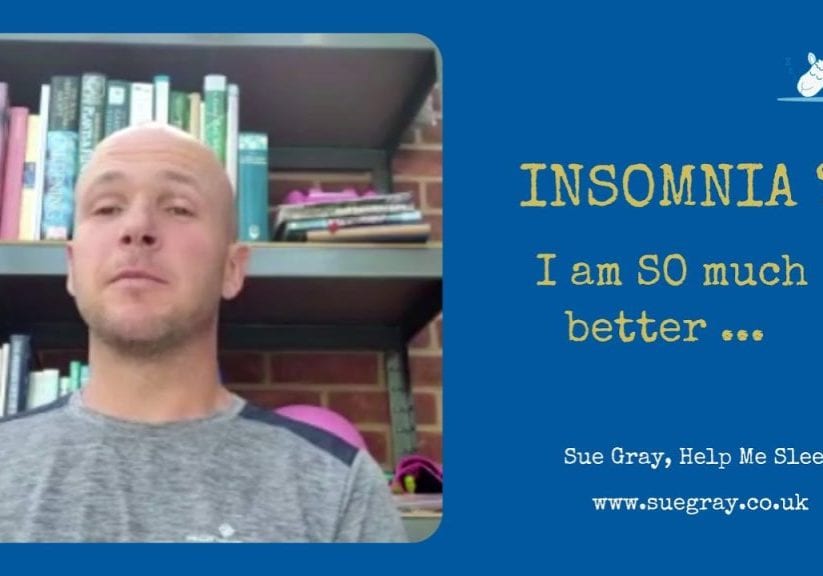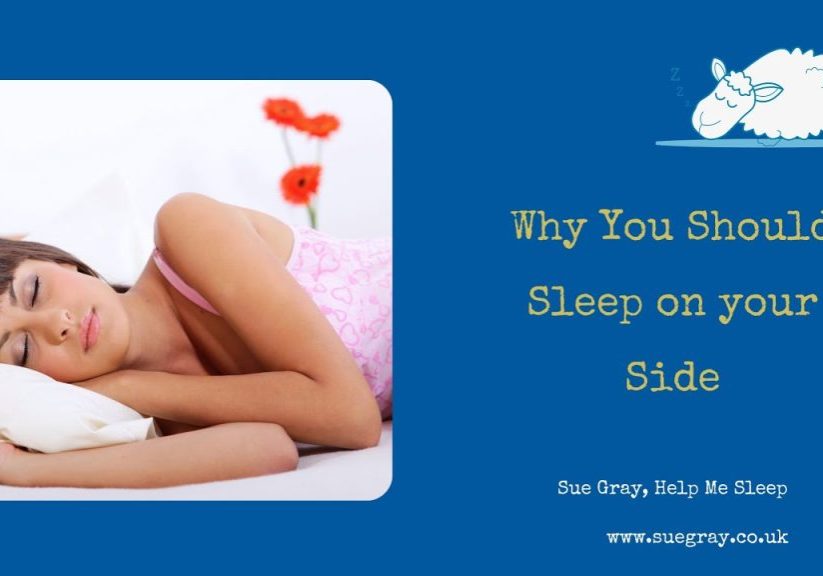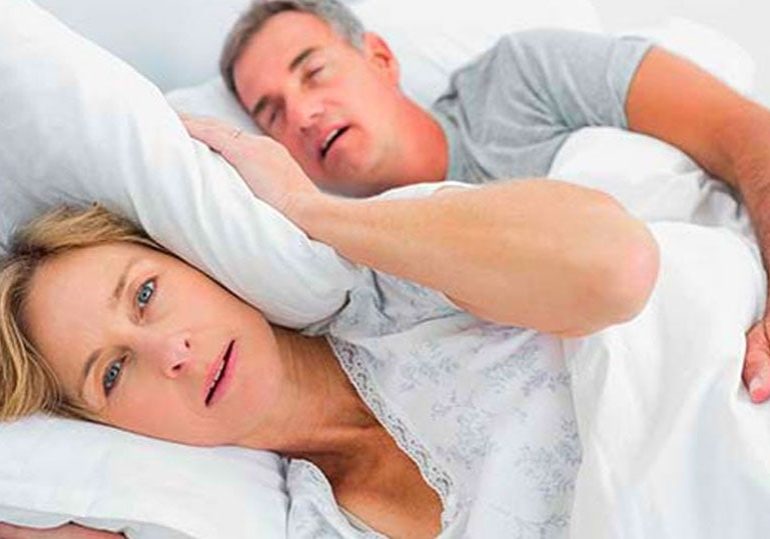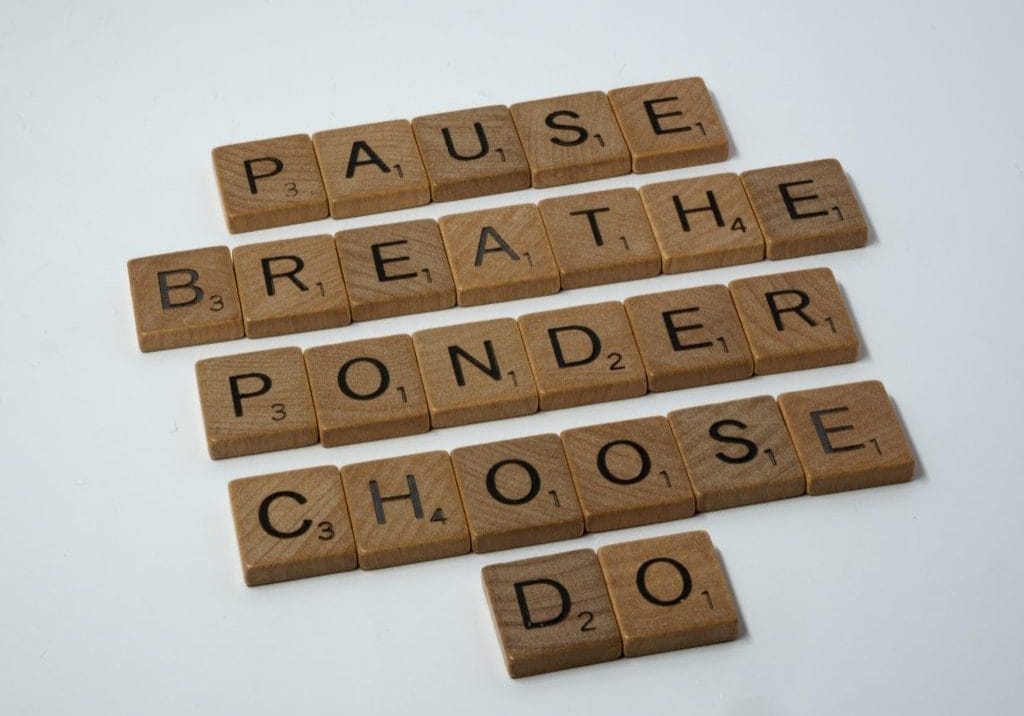The Top Twelve Questions I Am Asked About Insomnia
1. What is insomnia?
We often think of insomnia as not being able to fall asleep, but actually, insomnia is much more complex than that. It can include daytime fatigue, waking up often or waking very early. It’s not just the hours you are in bed it is also about not getting good quality sleep. This blog looks at the different types of insomnia and suggests other content that you may find useful in your quest for a good night’s sleep.
- Insomnia is different for everyone.
- It can change over time.
- It can start off as one form of insomnia and morphs into another
- And as many of us have discovered you can have more than one form of insomnia at a time.
2. What is the meaning/ definition of insomnia?
I think that this broad NHS definition of insomnia is useful as it helps you assess what is going on with your sleep – and with your energy levels. You have insomnia if you regularly:
- find it hard to go to sleep
- wake up several times during the night
- lie awake at night
- wake up early and cannot go back to sleep
- still feel tired after waking up
- find it hard to nap during the day even though you’re tired
- feel tired and irritable during the day
- find it difficult to concentrate during the day because you’re tired
If you have insomnia for a short time (less than 3 months) it’s called short-term insomnia. Insomnia that lasts 3 months or longer is called long-term insomnia.
3. Can insomnia be fixed without drugs?
Yes, definitely! You can learn to sleep again. I did. Beware the claims of online courses as in my experience, there is not a one size fits all approach. That is why I have a whole range of techniques in my armoury. Insomnia is complex.
4. Why can’t fall asleep?
This is perhaps the most common – and obvious form of insomnia is the onset of sleep. So, just lying there, not able to get off to sleep. Some people will feel tired and feel they are almost, but not quite ready to fall asleep. Others will go to be tired, really sleepy and as soon as they get into bed, they become fully awake. Still, others just can’t get anywhere near sleepy. Sleep might come eventually, but after hours of anxious worrying, and searching for solutions.
5. Why do I wake with a jolt – what’s that?
Waking with a jolt can be really unpleasant. It is a sensation that may occur as you are falling asleep and means you can’t quite make that transition to sleep. You go from almost asleep to wide awake in a second. This may be due to a part of your unconscious mind wanting you to be alert at all times.
6. I wake in the night and lie awake for hours
Do you wake in the early hours and then stay awake until perhaps 4 or 5 in the morning? Tossing and turning, getting up, going back to bed, reading …. and that constant mind chatter and fear that insomnia produces in all of us who have suffered with it. Along with finding it hard to fall asleep, this is is probably the most common. See my post and video on How to Get Back to Sleep.
7 . Why do I I wake up multiple times
Perhaps you fall asleep but keep waking up – perhaps to go to the bathroom. You may then fall back asleep again – but this broken sleep is another form of insomnia.
8. I sleep fine until 4am or 5am. What can I do?
Do you fall asleep OK, and sleep well until 4 or 5 am? Are you then you are wide awake, and just finding it impossible to get to sleep again – no matter what time you went to bed? One of my clients was waking at 4 am regularly and just not able to get back to sleep, so she took up early morning jogging. She was even doing it in the cold Lancashire winters! As she got older, she was more and more fed up with doing this every morning – year after year – so she contacted me to see if she could improve her sleep – just so she could have a lie in – even occasionally! Working with me, she was sleeping soundly again in less than 2 months.
9. Why do I wake tired and exhausted?
Not many people know that waking up feeling exhausted, or with daytime fatigue later in the day, and finding it hard to concentrate are also included in the NHS definition of insomnia. You may think you have slept OK but Poor sleep quality impacts your concentration and your mood. Patience just goes out the window – in my experience. This can be symptoms of other sleep disorders or health issues, but they can also be due to poor SLEEP QUALITY. This is generally quite quick easy to address with my Sleep Transformation sessions. If this is happening for you then read/watch my blog/ video on Morning Energy.
However, it is also worth considering snoring, sleep apnea and other sleep disorders. My blogs on Sleeping with a Snorer and How to Stop Snoring may be useful.
10. My sleep comes and goes – is that insomnia, too?
Yes, Insomnia often comes in waves. You could go for weeks or months with brilliant sleep and suddenly you get a couple of nights or a couple of weeks or maybe even a month of poor sleep. You’re just on the verge of doing something about it and it improves again. so you think “Ah, I’ve got rid of it and it’s gone!’ And it just goes on like that in cycles. Year after year. A couple of weeks of good sleep, a couple of days of bad sleep.
I saw an 80-year-old lady old recently and she had had a sleep disorder since menopause. She has had two nights a week where she just wasn’t sleeping or getting very poor quality sleep. Within a few months, she had got rid of this sleep disorder she had had for 30 years.
11. What causes insomnia ?
There are many things that can cause insomnia and you may find that even though the initial problem goes away insomnia continues. Stress, anxiety, depression, trauma or illness can often be the underlying cause of insomnia. Also, life changes such as retirement, bereavement, empty nest, menopause and andropause along with night sweats (which can be caused by many other things) are frequently a cause of insomnia.
Did you know that over 60% of pre-menopausal and post-menopausal women experience sleep disruptions?
https://www.webmd.com/menopause/guide/sleep-disorders-sleep-menopause
12. I can’t nap as I cannot even fall asleep in the day
The NHS definition also includes finding it hard to nap during the day. Although there are still different views of the advisability of napping, it seems that short naps can be beneficial – you want to avoid falling into a deep sleep though. Aim for around 20 minutes or less. You can find out more about How to Get the Best Out of Your Nap here.
Finally, insomnia is not new thing
Although far more people today suffer from insomnia – the pace of life, screens etc. Insomnia is not new, it has always been with us. Literature is full of references to insomnia and Shakespeare even wrote an ode:
SHAKESPEARE ON INSOMNIA EXTRACT FROM SONNET 27 Weary with toil, I haste me to my bed, The dear repose for limbs with travel tired; But then begins a journey in my head, .......... Lo, thus, by day my limbs, by night my mind, For thee, and for myself, no quiet find.
So if you’re suffering from poor sleep then watch my video on how I can help you, or get in contact I’ll tell you how I can help you and get a better night’s sleep.
You really CAN do something about it.
And remember …
